Inflation has driven the cost of everyday essentials sky-high, from food to fuel, office supplies, rent, and everything in between. Continued broken links in the supply chain and volatile construction material pricing are stretching budgets and adding significant pressure to the construction industry. How construction industry professionals overcome these financial hurdles could be the difference between success and failure in the year ahead?
Industry changes amidst Inflation
On top of rising inflation and the persistent shortage of vital construction materials, contractors and subcontractors face another threat. To combat that inflation, the Federal Reserve repeatedly raised interest rates to nearly 4%, the highest level since 2008, with more increases still under consideration. These higher interest rates are forcing significant budget cuts or can completely halt projects in their tracks. They also further impact the cost and availability of construction materials.
When breaking down a project’s budget, material costs can range from 35 to 60 percent. For the last three years, record inflation has driven up the cost of construction projects while also creating new risk management challenges for contractors. While the construction industry was able to withstand the pandemic economic slowdown better than most industries, significant barriers to success remain.
Steel cost is an example of the price volatility the construction industry has seen recently. At one point, the cost soared over 200% from March 2020 to mid-2021 before finally letting up this summer. Other critical supply costs have also risen. In fact, construction material prices have risen 16% from a year ago and 41% since the start of the pandemic. Although the industry has finally seen a decrease in supply chain bottlenecks, contractors and subcontractors continue to endure severe material cost challenges, and uncertainty abounds.
When breaking down a project’s budget, material costs can range from 35 to 60 percent. For the last three years, record inflation has driven up the cost of construction projects while also creating new risk management challenges for contractors. While the construction industry was able to withstand the pandemic economic slowdown better than most industries, significant barriers to success remain.
Steel cost is an example of the price volatility the construction industry has seen recently. At one point, the cost soared over 200% from March 2020 to mid-2021 before finally letting up this summer. Other critical supply costs have also risen. In fact, construction material prices have risen 16% from a year ago and 41% since the start of the pandemic. Although the industry has finally seen a decrease in supply chain bottlenecks, contractors and subcontractors continue to endure severe material cost challenges, and uncertainty abounds.
Yet another industry hurdle is the steady escalation in fuel prices. For a subcontractor with a small fleet, filling up at $3.30 a gallon could mean over $2,000 a month in out-of-pocket fuel expenses. In California, the Pacific Northwest, and parts of the eastern seaboard, fuel costs can be up to 35% higher than the national average.
Soaring diesel prices are an even greater concern for an industry reliant on heavy equipment. A recent Diesel Technology Forum report stated that 98% of all energy use in construction comes from diesel. In 2022, diesel costs rose 33% in only five weeks, sending prices skyrocketing to an all-time high of $5.78 per gallon in June. According to EIA, diesel prices have jumped 141% since the pandemic began.
Due to the nature of the industry, inflation impacts are particularly difficult for contractors and subcontractors. Inflation creates complications in cash flow, project timelines and can lead to other construction operations challenges.
On most construction projects, contractors and subcontractors must procure materials in advance and are expected to pay for those building materials within 30-60 days after purchase, long before they are paid for the job. Budget gaps will only continue to grow as those costs increase. Contractors and subcontractors lose bids and potential contracts when the cash flow necessary to float projects isn’t available.
The $1.2 trillion bipartisan infrastructure act, considered a life raft for the construction industry, has actually exacerbated challenges for the industry. Having available funding for large-scale new projects is increasing demand for already scarce materials, contributing to existing inflationary pressures. Without clear steps to help mitigate material and energy costs, prices will only continue trending upward, and contractors and subcontractors will continue to face slim margins. It’s clear to see that snowballing costs have damaging effects on the bottom line, increase the likelihood of construction delays, limit a project’s potential rate of return, and can potentially scrap projects entirely.




